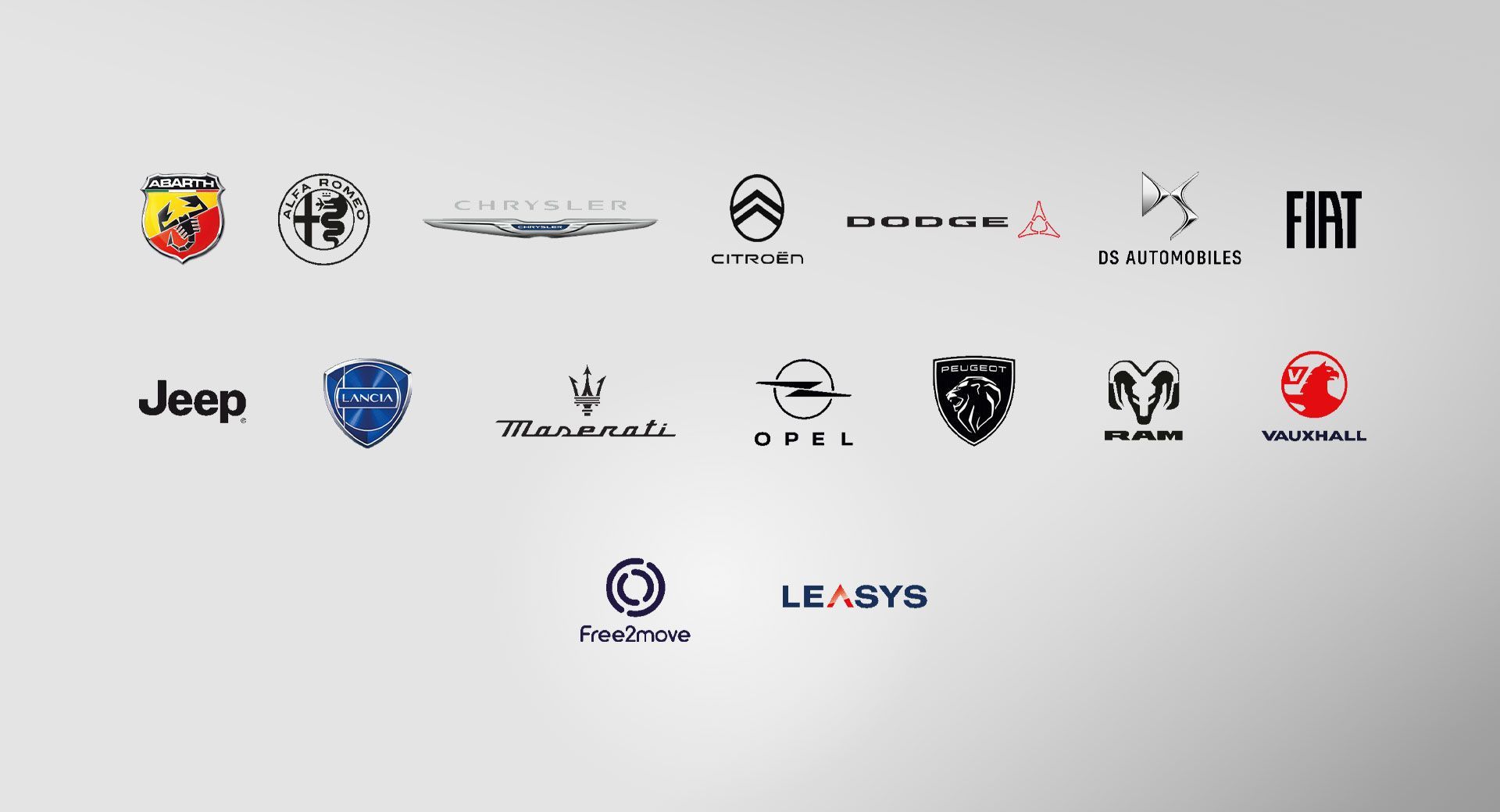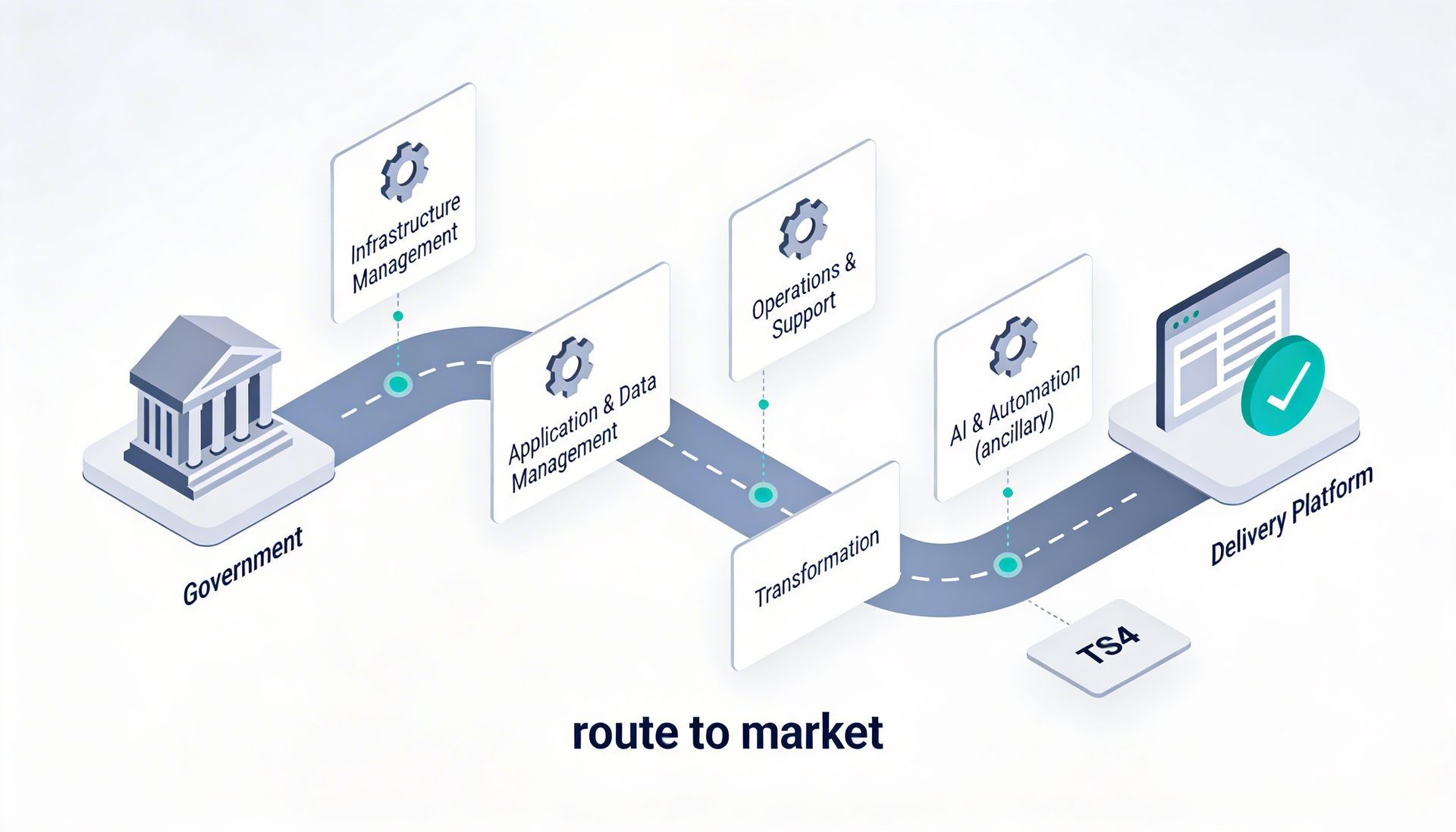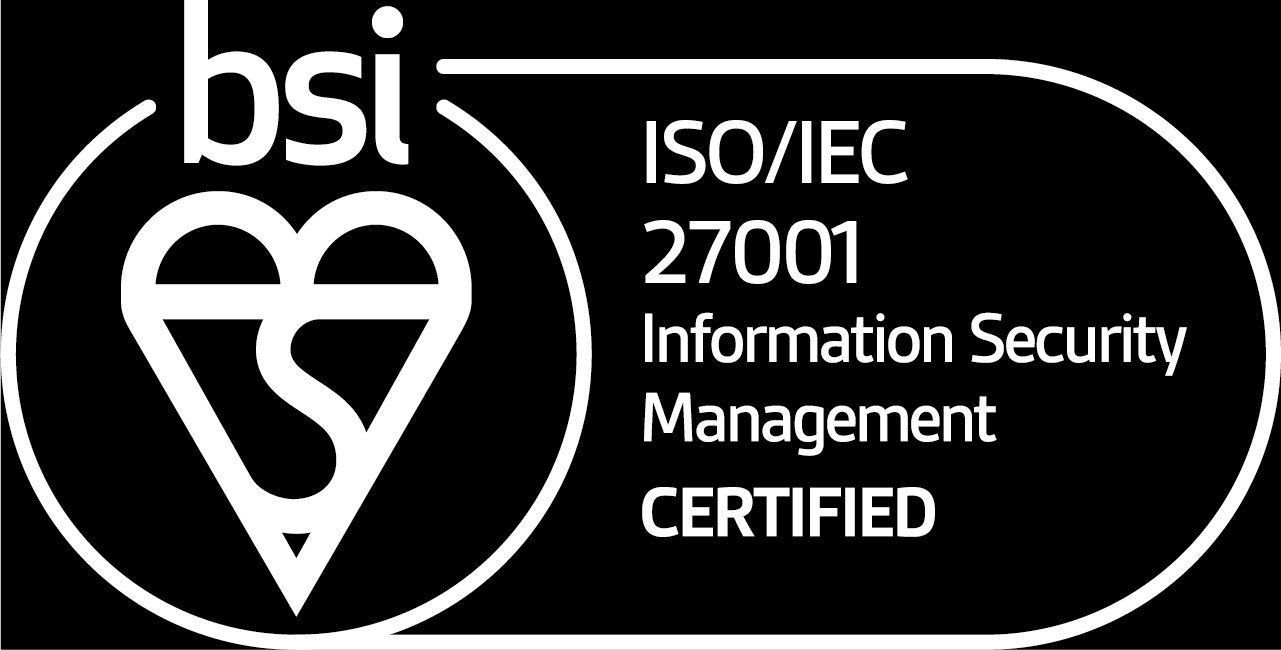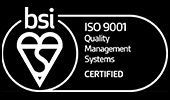Stellantis Data Breach: Another Supply Chain Security Wake-Up Call
Car manufacturer Stellantis—the global automotive giant behind household names including Chrysler, Jeep, and Peugeot—has become the latest victim of a supply chain cyber attack, with customer data compromised through a third-party vendor breach.

The Latest Breach
The incident, which Stellantis confirmed to Reuters on 22nd September, involved an unnamed third-party provider that supports the company's North American customer service operations. Attackers successfully breached this vendor's systems, gaining access to Stellantis customer data in the process.
According to the company's statement, the exposed data was limited to customer names and email addresses, with no financial information or other sensitive data affected. Stellantis has launched an immediate investigation, notified law enforcement, and begun contacting affected customers to warn them about potential phishing attempts.
"Upon discovery, we immediately activated our incident response protocols and are directly informing affected customers," the automaker stated.
A Familiar Pattern
This incident follows an increasingly common pattern of supply chain attacks targeting the automotive industry. Earlier this year, we witnessed the prolonged production shutdown at Jaguar Land Rover following a cyber attack, which demonstrated how cybercriminals are increasingly targeting the interconnected ecosystems that modern manufacturers depend upon.
What makes these supply chain attacks particularly concerning is their cascading impact. When attackers compromise a third-party vendor, they don't just gain access to that vendor's systems—they potentially gain access to all the customer data and operational systems that the vendor handles on behalf of multiple clients.
The Automotive Industry Under Siege
The automotive sector has become an attractive target for cybercriminals for several reasons:
Rich Data Repositories: Modern car manufacturers collect vast amounts of customer data, from personal details for financing and service records to location data from connected vehicles.
Complex Supply Chains: The automotive industry relies on intricate networks of suppliers, service providers, and technology partners, creating multiple potential entry points for attackers.
High-Value Targets: Large automotive companies often have significant financial resources, making them attractive targets for ransom demands.
Operational Impact: As we saw with JLR, attacks can shut down production lines and affect thousands of jobs, creating pressure for quick resolution.
Third-Party Risk: The Weakest Link
The Stellantis breach highlights a critical challenge facing modern businesses: third-party risk management. Organisations can invest heavily in their own cybersecurity defences, but they're only as secure as their weakest vendor.
Key considerations for supply chain security include:
Vendor Due Diligence: Thoroughly assessing the cybersecurity practices of all third-party providers before engagement.
Ongoing Monitoring: Continuously monitoring vendor security posture rather than relying on one-time assessments.
Data Minimisation: Limiting the amount and type of data shared with third-party providers to reduce potential exposure.
Incident Response Planning: Developing clear procedures for responding when a vendor breach affects your organisation's data.
Lessons for Other Organisations
This incident provides several important lessons for organisations across all sectors:
Transparency Matters: Stellantis's prompt disclosure and customer notification demonstrate best practice in breach response. Attempting to hide or minimise breaches typically leads to greater reputational damage.
Scope Limitation: While any breach is concerning, Stellantis's apparent success in limiting the exposed data to names and email addresses suggests effective data segregation practices.
Rapid Response: The company's immediate activation of incident response protocols shows the importance of having well-rehearsed procedures in place.
Customer Communication: Proactive warning about potential phishing attempts helps customers protect themselves from secondary attacks.
Protecting Your Organisation
Whether you're in automotive or any other industry that relies on complex supply chains, the Stellantis breach serves as a reminder to evaluate your third-party risk management practices:
Assess Your Vendors: Regularly review the cybersecurity practices of all third-party providers who handle your data or have access to your systems.
Implement Strong Contracts: Ensure vendor agreements include specific cybersecurity requirements and breach notification obligations.
Plan for Incidents: Develop and regularly test incident response procedures that account for vendor breaches affecting your organisation.
Monitor Continuously: Don't rely on annual security assessments—implement ongoing monitoring of vendor security posture.
Looking Ahead
As the automotive industry continues its digital transformation—with increasing connectivity, autonomous features, and electric vehicle infrastructure—the attack surface will only continue to expand. The Stellantis breach represents not an isolated incident, but part of an ongoing trend that organisations must prepare for.
The companies that survive and thrive will be those that recognise cybersecurity not as an IT problem, but as a fundamental business risk that requires board-level attention, adequate investment, and comprehensive supply chain risk management.
Secure Your Supply Chain Today
The Stellantis breach demonstrates that even well-resourced organisations with established security programmes can fall victim to supply chain attacks. Is your organisation prepared for a vendor breach?
At Altiatech, we specialise in comprehensive cybersecurity solutions that extend beyond your corporate perimeter to include third-party risk management and supply chain security assessment.
Our services include:
- Vendor Security Assessments - Evaluate the cybersecurity posture of your critical suppliers
- Supply Chain Risk Management - Develop comprehensive strategies for managing third-party risks
- Incident Response Planning - Create and test procedures for vendor-related security incidents
- Continuous Monitoring - Ongoing oversight of your extended security ecosystem
Don't wait for a breach to expose vulnerabilities in your supply chain. Contact Altiatech today to schedule a comprehensive third-party risk assessment.
Get in touch:
- Email: innovate@altiatech.com
- Phone (UK): +44 (0)330 332 5482
Because when it comes to supply chain security, you're only as strong as your weakest vendor—but you don't have to remain vulnerable.
Ready to move from ideas to delivery?
Whether you’re planning a cloud change, security uplift, cost governance initiative or a digital delivery programme, we can help you shape the scope and the right route to market.
Email:
innovate@altiatech.com or call
0330 332 5842 (Mon–Fri, 9am–5:30pm).
Main contact page: https://www.altiatech.com/contact













